Nairobi Nightclubs Face Backlash Over Unauthorised Photos of Revellers
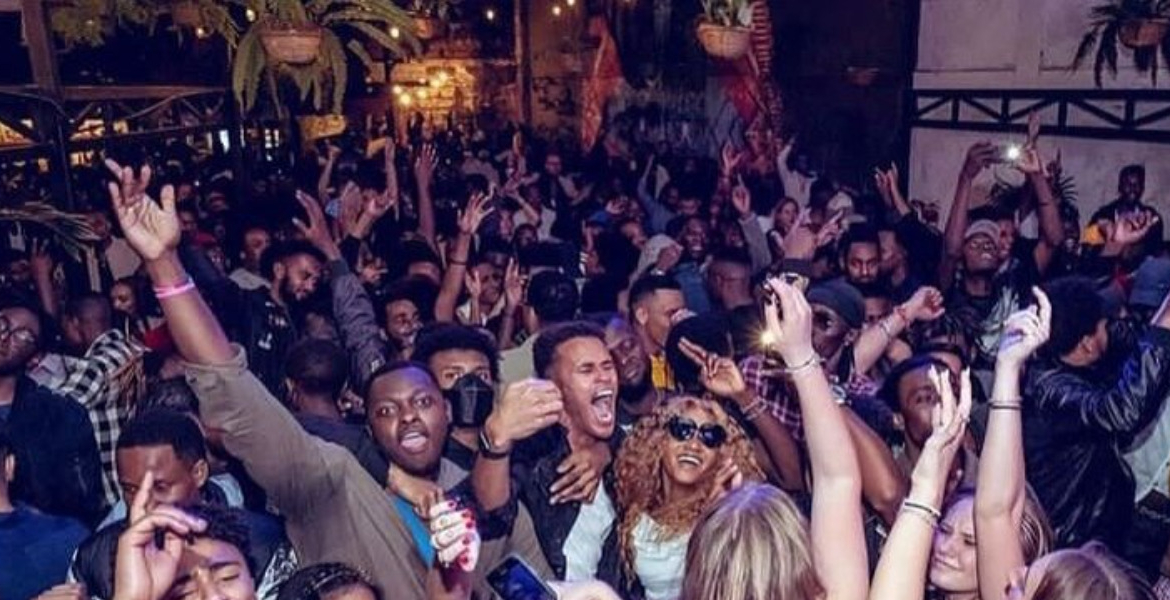
Nairobi nightclubs are receiving increasing complaints from customers who say their images are being taken and shared online without their consent.
Nightlife venues across the city routinely post photographs of revellers on social media as part of their marketing efforts, often relying on entrance notices that claim entry amounts to consent. However, many patrons, especially women, argue that these statements do not provide meaningful permission and fail to respect personal privacy.
Sheilah Muthoni, 33, once spent most Friday nights along Ngong Road until she became uncomfortable with the rise of roving photographers. She recalls that photographers previously sought some form of consent, but now take photos without warning, often in the middle of private conversations.
Her concerns deepened after she found an image of herself on a club’s Instagram page that she had not known was taken. One photograph was taken down after she contacted the venue, but another remains online despite repeated reports. Feeling unable to control how her image was used, she eventually stopped going out altogether.
“I’d rather have peace than pictures,” she said.
Many women say the problem extends beyond privacy to the risk of public criticism and objectification once photos circulate online. In one recent case, a Nairobi club posted an image that drew a stream of derogatory comments about a woman’s appearance.
Jennie, a 29-year-old corporate executive, says seeing her image online without approval was unsettling. She notes that photographs taken in clubs can be easily misinterpreted, particularly by employers who examine applicants’ online profiles.
“You’re dressed to have fun, not to be showcased for marketing,” she said.
She added that lighting, intoxication, and momentary excitement can distort how people appear. After a club posted unwanted photos from her birthday celebration, she asked for them to be removed, and the venue complied.
Legal specialists warn that most club disclaimers do not satisfy Kenya’s data protection standards. Catherine Kamau, a partner at Ashitiva Advocates LLP and head of its data privacy and governance department, says the law requires informed consent that clearly explains how images will be used, shared, and stored. She notes that clubs operate as data controllers under the Data Protection Act and must manage personal data lawfully.
Catherine also stresses that intoxicated patrons cannot give valid consent, raising questions about photographs taken late at night. Recent decisions by the Office of the Data Protection Commissioner (ODPC) illustrate the consequences of non-compliance. In 2023, Casa Vera Lounge was fined Sh1.8 million for posting a woman’s image without consent, and Hornbill Pub received an injunction in a similar matter. Penalties can reach up to Sh2 million.
The Constitution also protects the right to dignity and privacy, meaning that unauthorised publication of photographs may be unlawful even when taken in public venues.
As complaints continue, lawyers and privacy advocates are urging clubs to adopt clearer and more respectful consent procedures. Catherine suggests measures such as photography-free areas, wristbands indicating whether a patron agrees to being photographed, or digital consent forms completed before entry. She says these tools could help balance marketing needs with customer rights.

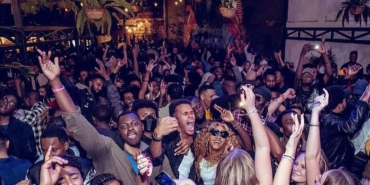

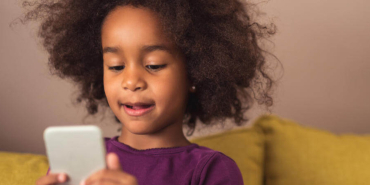
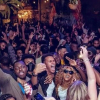

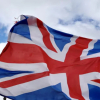

Add new comment